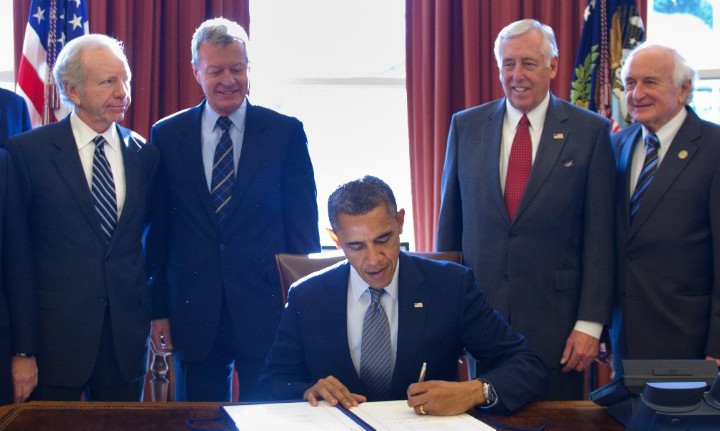Risky Business: No Guidance On Secondary Sanctions Liability
As the number of secondary sanctions authorities at the disposal of the United States Department of the Treasury’s Office of Foreign Assets Control (“OFAC”) grows, many foreign entities who could become targets of those sanctions have, understandably, had serious concerns about being designated pursuant to one of those authorities. For those of you who don’t follow sanctions, secondary sanctions are those measures imposed upon foreign parties who are engaged in activity in relation to a targeted party, economic sector, economic activity, etc. In other words, sanctions are applied to someone for dealing with a specific sanctions target, regardless of whether or not the party itself is involved in the type of conduct which lead to the designation of the party with whom they are transacting, or whether there is any U.S. nexus. A good example of this is the Iran Sanctions Act which since the 1990s targeted parties who make certain amounts of investments in certain Iranian energy resources.
In particular, as the number of secondary sanctions relating to Iran has expanded, foreign companies and foreign financial institutions have been scratching their heads as to what they can do in Iran, and how far they can go without risking being targeted under one of those authorities. Although OFAC does set out some criteria for considering whether certain secondary sanctions will kick in, the application of the criteria is far from clear, and the guidance that is available is not explicitly attributed to each of the those secondary sanctions’ programs. This has lead some foreign entities to submit requests seeking guidance as to whether or not their activities vis a vis Iran will serve as a basis for designation under one of the authorities at OFAC’s disposable.
Is this a good strategy? It really depends on how you look at it. First, it should be understood that OFAC will not provide guidance on whether U.S. secondary sanctions will be applied to entities transacting in relation to a target or activity for which a basis of designation under a secondary sanctions authority can be found. They will simply respond saying they don’t offer guidance on the applicability of those authorities, however, they carefully review and evaluate persons they add to the Specially Designated Nationals and Blocked Persons (“SDN”) List.
That said, if a foreign entity is planning on engaging in a transaction with a party for whom secondary sanctions liability could be incurred, regardless of such liability, it may prove useful to submit information concerning the transaction to OFAC. Although it seems counter-intuitive, if the foreign entity is going to proceed anyway, it would be better to keep OFAC informed of the nature and extent of the transactions, so that they can make a fully informed decision on whether or not to designate the foreign entity under a secondary sanctions authority.
As the information OFAC relies upon in making designations is gathered from a variety of sources, the accuracy of which cannot always be verified prior to designation, it may behoove the foreign entity to get their side of the story into OFAC prior to a decision being rendered on any potential designation. This is an opportunity which is not naturally afforded to potential designees, but one which could be useful if the entity involved is entirely sure about proceeding with the transactions. Of course, if the entity is not sure about whether to proceed, then it’s probably better to analyze the transaction to determine the likelihood of designation and proceed, or refrain, accordingly. Unless, of course, the entity thinks it can be quiet about the transaction and OFAC will never find out. Then the only advice I would have is: good luck with that.


